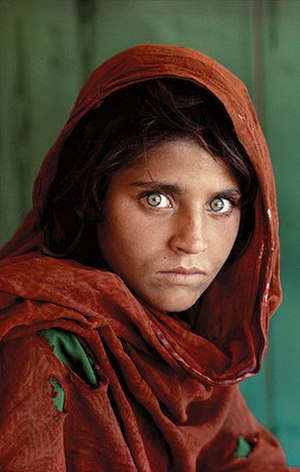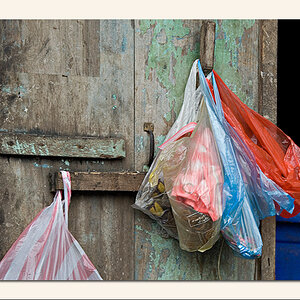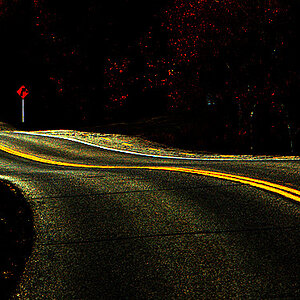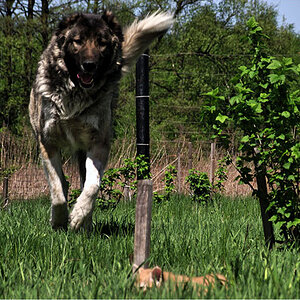robitussin217
TPF Noob!
- Joined
- Mar 23, 2008
- Messages
- 263
- Reaction score
- 7
- Can others edit my Photos
- Photos OK to edit
I just realized I don't look at enough professional photography and therefore don't have a favorite.
So, post your favorite photo and explain why it's your favorite. If you can't narrow it down to a favorite single photo, say who your favorite photographer is and why.
It might be better not to post a picture of your kid and say you are your favorite photographer. But, go ahead and make your case!
So, post your favorite photo and explain why it's your favorite. If you can't narrow it down to a favorite single photo, say who your favorite photographer is and why.
It might be better not to post a picture of your kid and say you are your favorite photographer. But, go ahead and make your case!








![[No title]](/data/xfmg/thumbnail/30/30878-f33da8abe01acde1dcee7898f41310e1.jpg?1619734493)

![[No title]](/data/xfmg/thumbnail/42/42349-fa3065c4e047f0114ec8715d9168dff9.jpg?1619740147)





![[No title]](/data/xfmg/thumbnail/42/42328-c1143adda9734f7d05ce4361e79c27a7.jpg?1619740129)
![[No title]](/data/xfmg/thumbnail/31/31092-7ba73f844ad8efedd3d5fd94799a866d.jpg?1619734609)